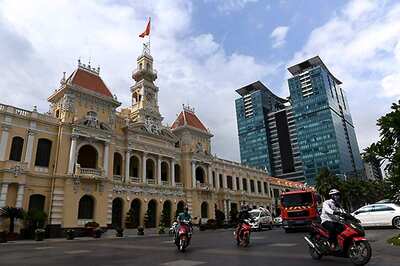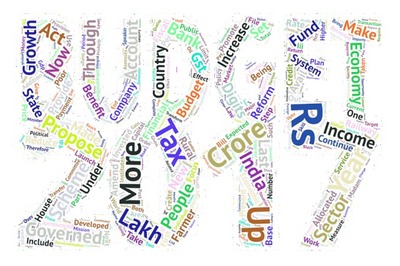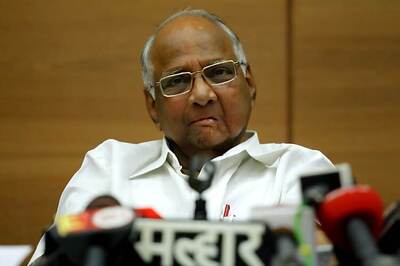
views
New Delhi: Former Finance Minister Yashwant Sinha on Friday cautioned banks to desist from blatant evergreening of loans or restructuring of debts as it was not good for the health of financial sector.
Evergreening refers to the practice of giving a fresh loan to repay an old one.
"If you (banks) think that there could be improvement in economy then by all means go ahead and restructure (certain loan portfolio) the debt but for God sake don't do evergreening," he said at a function organised by Assocham.
Genuine NPAs arise because economy is not doing well, he said, adding if economy starts to grow at a pace which is desirable then automatically NPA will decline.
"Banks are doing evergreening, restructuring. This is no way to deal with the NPAs that you go on evergreening the outstanding, so what should be done in this situation," he said.
Even RBI Governor Raghuram Rajan had said dressing up bad loans is creating bigger problems for future.
On RBI policy action, Sinha said that the central bank could have been less hawkish in its stance. Issues like monsoon related worries coupled with RBI's hawkish stance on monetary policy will not affect investor community, he said.
"These are all very temporary issues as foreign investor is much better informed than most of us can imagine as they do not go by alarmist talk by whosoever is responsible for it," he said.
He expressed the concern that banks have not reduced the interest rate in comensurate with RBI reduction of 0.75 per cent since January this year.
Sinha further said: "if lakhs of crore of worth of projects are stalled and the banks have advanced money against those projects they are bound to turn into NPAs for nobody's fault," he said.
Banks must realise that the Asset Reconstruction Companies are there to relieve them of their burden, he said.
He further said that there is a case of Corporate Debt Restructuring (CDR) in case of cash crunch due to poor economic condition.
Remembering his days in the Finance Ministry, Sinha said, he had started CDR and the underlying formula was to reduce interest rates which is not the situaton today.
"If somebody had borrowed at high interest rate of 20 per cent, he was allowed to retire those debts and take a fresh loan at lower rate then there was scope for restructuring because interest burden was reduced. That situation does not operate today," he said.
Talking about the concerns over weak monsoon, Sinha said, "anyone who is familiar with crop season and behaviour of monsoon would agree with the Finance Minister that it does not depend upon all-India percentages but on spacing and timing of the rains."
"Even if there is a little shortfall but the spacing and timing is right then there will be no problem for food production," he said.




















Comments
0 comment